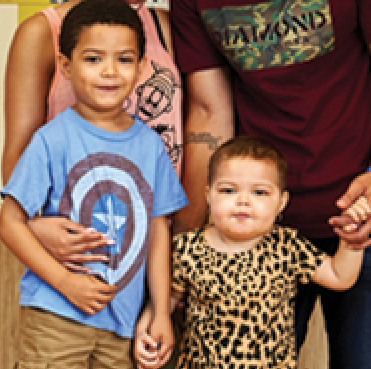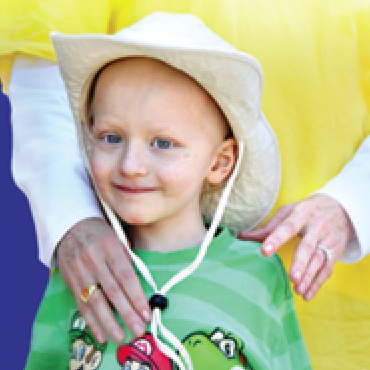Unless your child is attending a tuition free college (and there are a few of those schools out there), the average cost of getting a four - year degree is now conservatively priced at $180,000 (private) and $95,000 (in state public). While these figures include virtually all of the costs associated with higher learning---tuition, housing, meals, books and school supplies, fees and transportation--- not many people can avoid the sense of sticker shock and foreboding when thoughts turn to paying for this privilege.
As education costs continue to rise, The Valerie Fund Scholarship Committee has seen a steady increase in applications from both pediatric cancer patients and those living with blood disorders. “These are outstanding kids,” says committee member Debbie Schiller, “they’re hardworking and highly motivated to get the best education they can. Their applications reflect a universal anxiety about how to make up the difference between tuition costs and what their families can afford to pay.”

The Valerie Fund Scholarship Committee recognizes the importance of helping patients realize their dreams of going to college or pursuing other post high school opportunities. Since its formation, the Committee’s priority has been to ease financial obstacles for children who have already survived daunting medical issues. The number of deserving candidates and continually escalating tuition costs are responsible for the significant increases the Scholarship Committee has authorized. In 2015, 72 students received scholarships in amounts ranging from $750 to $19,000, for a total funding $245,000.
Many families try to put money away in a college fund for their children, but for those whose child is diagnosed with a life-threatening or long term illness that college savings must often be diverted to cover costs associated with a serious illness even for families with private health insurance. “If we are determined to make sure the kids survive physically and emotionally,” says Schiller “how can we not help them get the education that they need to be successful and fulfilled?”
 That’s exactly what a donor had in mind nine years ago when he earmarked a gift to establish a scholarship program so that Valerie Fund patients could continue their education after high school with a little help. The scholarship program is open to students who are attending four-year college, community college, or vocational school full-time, but until recently, awards were very modest, limited to a maximum of $700 per year. Recipients were grateful because the scholarships helped to defray tuition or the cost of books, but The Valerie Fund’s Board determined it was simply not enough. In 2011, The Valerie Fund made increasing the number and dollar amount of its scholarships a priority.
That’s exactly what a donor had in mind nine years ago when he earmarked a gift to establish a scholarship program so that Valerie Fund patients could continue their education after high school with a little help. The scholarship program is open to students who are attending four-year college, community college, or vocational school full-time, but until recently, awards were very modest, limited to a maximum of $700 per year. Recipients were grateful because the scholarships helped to defray tuition or the cost of books, but The Valerie Fund’s Board determined it was simply not enough. In 2011, The Valerie Fund made increasing the number and dollar amount of its scholarships a priority.
Donors welcomed an opportunity to help make education more accessible for young people who had fought hard to arrive at the day when education was the next logical step. The first named scholarships, the Lervolino-Cade Scholarships, were created in the 2011-12 academic year, and in 2015-16 two dozen students were the recipicents of named scholarships.
Schiller said, “I read all of the applications in one sitting, simply amazed at the way virtually every single applicant expressed a determination to transform their experience as a patient into a career that would help others. So many of these kids were inspired by their experience at The Valerie Fund Centers. And almost every one has outstanding need, outstanding personal characteristics, or both, that made them worthy of these scholarships.”
Richard, a Valerie Fund patient at the Children’s Hospital of Philadelphia Center in Voorhees, New Jersey, was recruited to pitch for his college team and planned to become a high school math teacher. His cancer diagnosis two weeks before the start of college changed all that. He now will work toward a career in cancer research. For the 2016 -2017 school year, Richard plans to attend medical school and The Valerie Fund will continue their support.









